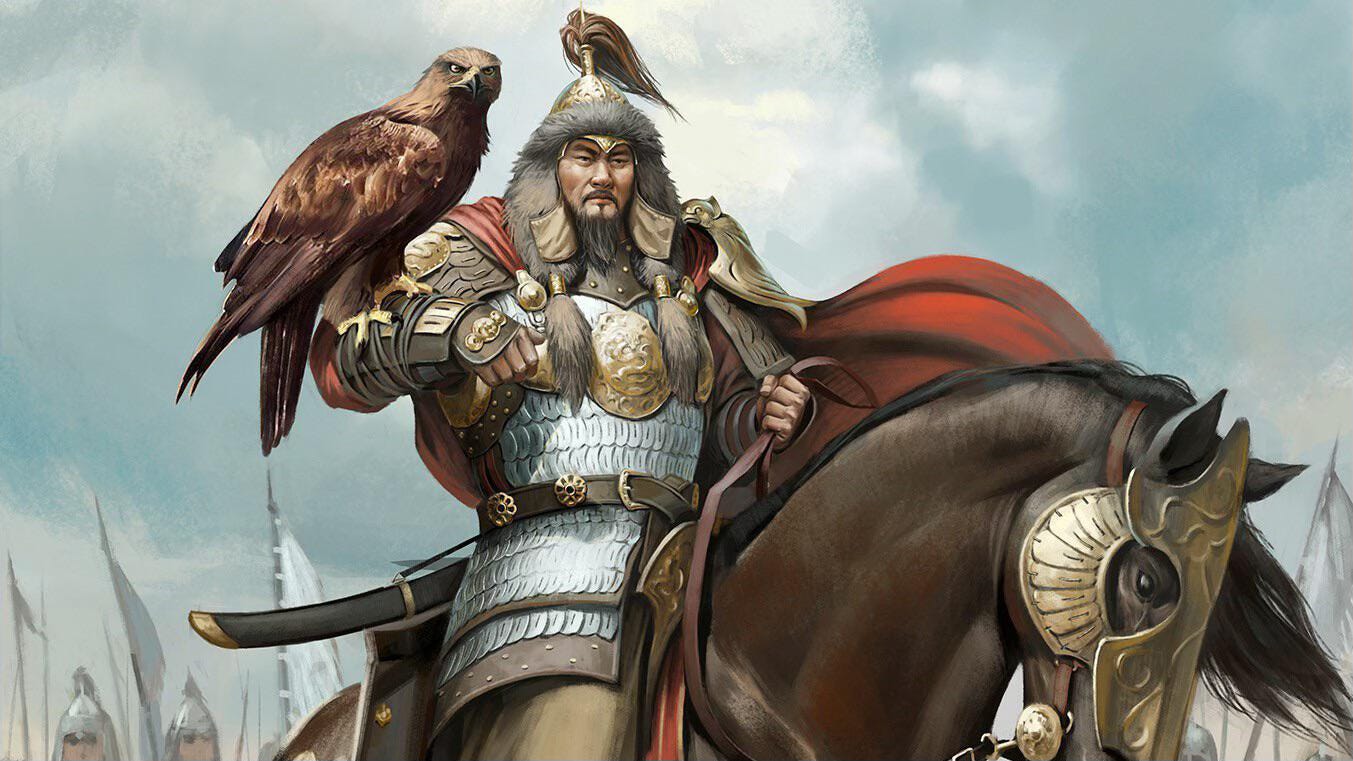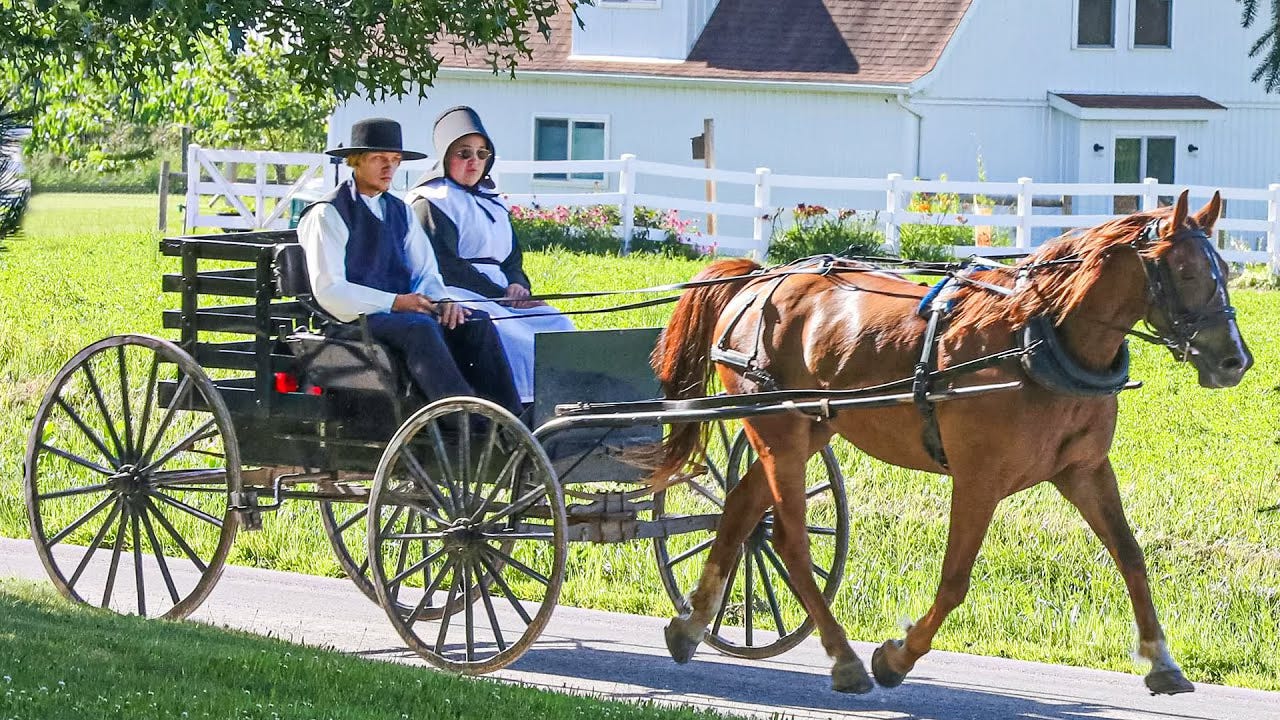"What About the Deaths Caused by Capitalism?"
Greed and cruelty existed long before Adam Smith

When discussing economic systems, I often highlight how Marxist socialism devastated Africa and other regions of the world, leading to the deaths of millions of people. Inevitably, someone responds: “But what about the deaths caused by capitalism?”
This response reveals a fundamental misunderstanding that needs addressing. It blames capitalism not just for greed, but for all of humanity’s darker instincts, as if free markets somehow invented human flaws.
Let's get something straight: greed, exploitation, and cruelty have existed throughout human history, long before anyone conceived of property rights or free enterprise.
Greed Predates Capitalism
Long before Adam Smith put pen to paper, humans had already committed unspeakable acts of greed, conquest, and exploitation:
Genghis Khan ran a brutal empire that expanded through violence and rape. According to genetic studies, around 8% of men in a large region of Asia carry DNA linked to him.
The Atlantic Slave Trade was powered by kings, empires, tribal chiefs, and European monarchies, most of whom operated under imperial and monarchical structures.
In pre-revolutionary France, the monarchy, nobility, and upper clergy lived in great privilege and luxury, while the vast majority of peasants (about 80% of the population) endured poverty, heavy taxation, and frequent hunger.
There have always been selfish, greedy, and rapacious people — and there always will be, as long as humans exist. Every economic and political system has had greedy people in it. The difference is whether that system limits their power or lets it run wild.
The Enemies Invented “Capitalism”
The word “capitalism” was coined by socialist critics in the 19th century, including Louis Blanc, Pierre-Joseph Proudhon and Karl Marx. They used it to criticize the system they believed would inevitably collapse. Since they coined the term, it means whatever socialists want it to mean. That’s why the socialism vs. capitalism debate is often a Trojan horse to avoid admitting that free markets actually work.
Adam Smith, who’s often called the “father of capitalism,” never actually used the word. Instead, he described natural liberty, where:
Every man, as long as he does not violate the laws of justice, is left perfectly free to pursue his own interest his own way. (The Wealth of Nations)
John Locke, whose ideas heavily influenced America's founding documents, focused on natural rights to “life, liberty, and property” in his Second Treatise of Government (1689). He argued these rights existed prior to government, which was instituted specifically to protect them.
When the American Founders created the U.S. Constitution, they didn’t use the word capitalism either. The Bill of Rights protects individual freedoms like freedom of speech, religion, assembly, property, and due process, all of which protect individuals from both tyrants and mobs.
In other words, the core principles we now associate with “capitalism” were never about enriching the few — they were about protecting the many from power, whether it came from kings, mobs, or bureaucrats.
Voluntary Socialism
Here’s the thing: if a group of people want to live communally, they should absolutely have that freedom. Such voluntary arrangements don't require state coercion or enforcement. For instance:
The Amish live simply and share resources, but joining is voluntary, and people are free to leave if they choose.
Kibbutzim are intentional communities in Israel, traditionally based on agriculture and collective ownership. Membership is voluntary, and individuals are free to leave at any time.
Monasteries and religious orders have lived communally for centuries and continue to operate around the world, with monks and nuns sharing resources, labor, and prayer.

This is voluntary socialism, and no free-market advocate has a problem with it.
Marxist socialism is something else entirely. It calls for revolution, the abolition of private property, and stateless dictatorships with no respect for individual rights. It caused 65–94 million deaths, with some estimates exceeding 100 million.
It’s worth noting that capitalism even gives people the freedom to experiment with Marxist ideals.
In a free market, you’re allowed to create worker-owned businesses based on Marx’s labor theory of value if you want to. Cooperatives, mutual aid societies, and communal living models can and do exist under capitalism.
Every system has greedy people, but only free market capitalism, rooted in individual rights and the rule of law, limits their power through competition, transparency, and choice.




Wonderful article . Private property and freedom to trade goods for goods, or services for goods, etc will always be best. There are great incentives in free markets for a person to work hard and intelligently. Our government takes advantage of this system of economic liberty, and takes taxes and revenue to proceed forward. Never forget the engine of progress; it is the free market, liberty and private property that gives rise to abundance.
Right you are, Magatte! Greed, avarice, brutality, cruelty, and environmental destruction having nothing to do with capitalism and have been with us since the beginning of time. You provided some pretty good examples and if I could I’d like to add a couple. Before free-market capitalism was even a thought in anyone’s head, the Vikings were raiding cities and towns off the coasts of England and Ireland as well as in Eastern Europe and taking the local people: men, women and children as slaves. They also took Frankish, Baltic, Latin, and Moorish slaves as well. Another example, before Adam Smith was even a fetus in his mom’s uterus, The Aztecs enslaved members of rival tribes and used them for cannibalism and human sacrifice. Last but not least, before anyone ever heard the names Frederich Hayek or Milton Friedman, Julius Caesar and the Roman Empire ruthlessly conquered Gaul. From the years 58-50 BCE, the Romans slaughtered one million Gauls while enslaving another million.
Capitalism is dynamic, innovative, civilizing, efficient, pushes people to be the best they can be, and has lifted millions of people around the world out of poverty. Free-market capitalism is a check on racism, is good for the environment, improves the quality of goods and services, creates opportunities for aspiring inventors and entrepreneurs, and is essential to a free society. How about socialism and communism? How does that work out? Not so good. Just look at the USSR, Red China, North Korea, North Vietnam, East Germany, Cambodia under the Khmer Rogue, Cuba, Venezuela, Hungary, Romania, Czechoslovakia, and any number of African countries. It was a total disaster that led to starvation, political and religious repression, mass imprisonment, torture, poverty, corruption, mass executions, and genocide.
Meanwhile capitalist countries like the United States, Canada, Britain, France, Germany, Ireland, Italy, Japan, South Korea, Singapore, Israel, Norway, Sweden, Denmark, Finland, Australia, and New Zealand have thrived! African countries started to proposer as well once they abandoned socialism and accepted capitalism as Thomas Sowell as talked about in his books on the subject. By adopting capitalism, most low income countries in time became middle income countries. This is quite remarkable! It’s all thanks to the amazing capitalist system! Meanwhile, countries like Albania, Bulgaria, Nicaragua, Poland, Ethiopia, Mozambique, and Yugoslavia languished an economic stagnation, low living standards, low wages, abysmal quality of life, no political freedoms or civil liberties, extensive censorship, and no incentive to work hard as you couldn’t get any higher, upward mobility was nonexistent.
Capitalism makes it possible for one to be a Marxist or a Socialist. Is it any wonder that many of the big Communist icons came from wealthy backgrounds? Karl Marx and Frederich Engels came from you guessed it, the very bourgeois they railed against. Heck! Marx himself even praised capitalism for increasing the means of production in Das Kapital though his conclusions about it were totally wrong. Indeed, voluntary socialism is only possible because of the freedom capitalism provides. But regular socialism and communism? Well, the less said about those the better.